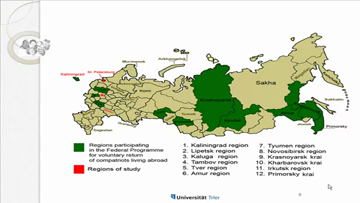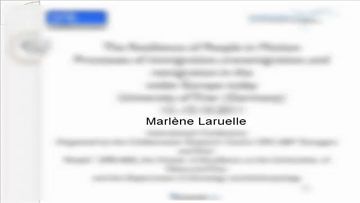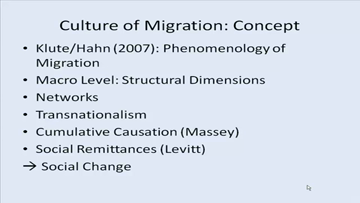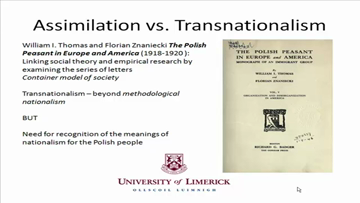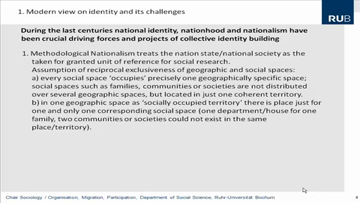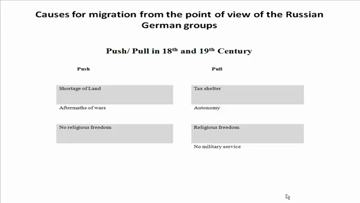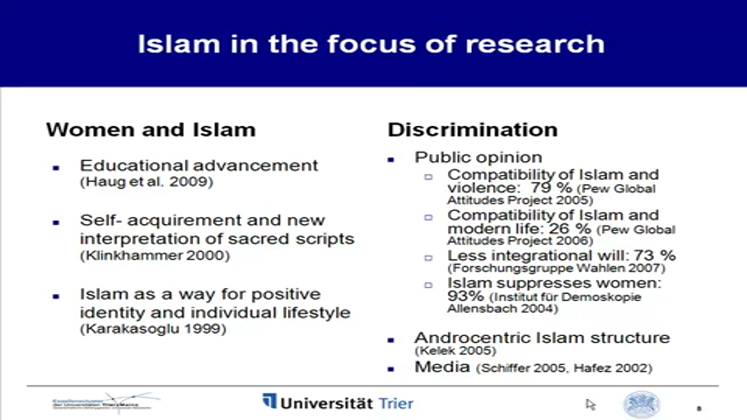Islamic Feminism in Germany
Muslim Women's Associations, Emancipation, and Identity
Islam has been a part of the German society for quite a long time. But especially since the last decade there is a growing debate about the unwillingness of integration, the compatibility of democracy and Islam, about Islamism, and the existence of parallel societies. It is often argued that Islam and democratic values are not consistent. Against this background women's rights issues are to be found increasingly in the centre of the public attention. This topic is usually discussed in the context of forced marriages and honor killings. For Islam critics those issues are an example of the lack of capacity to reform Islam in general.
In the presented study independent Muslim women's associations and their members are analyzed and described. Markus Gamper focusses primarily on the description of the associations and their membership structure. Especially the role of Islam and its importance in the construction or stabilization of the identity of the members are to be discussed.
Markus Gamper's PhD thesis about “Islamic Feminism in Germany” was written at the University of Trier within the context of the Cluster of Excellence “Societal Dependencies and Social Networks”. He is now working as postdoc graduate at the Cluster. He is a specialist on quantitative and qualitative network analysis and one of the organizers of the annual Trier Summerschool on Social Network Analysis.
Panel IV: The Religious Factor in Migration - October 14th, 2011
The Resilience of People in Motion
-
54498 Hits
-
|
-
2 Votes
-
|
-
16 Beiträge
Processes of immigration, transmigration, and remigration in the wider Europe today
Europe is a continent shaped by migration. Every year millions of people are migrating into the European Union. Others are emigrating from EU member countries. Many are leaving their homes and are trying to integrate into the host country, while others circulate between their home country and their “new home”, leave the country of entry, returning back to their “country of origin”, or they even migrate on to third countries.
Migration is a complex process with constraints and opportunities. Its flows have created different patterns, regimes and even cultures of migration. It involves voluntary and involuntary aspects, economic and non-economic issues, constructions and reconstructions between physical and symbolic spaces. This stipulates also new ways of theorizing and researching in the field.
Strategies of Survival, Strategies of Resistence
Migrants and migratory groups adopt as well as resist to challenges and expectations by the mobility itself or the receiving society. They perform resilient and innovative strategies of survival.
They are resilient by maintaining their culture(s), system(s) of belief, traditions, way of life etc. Yet, they are innovative being open for change, being transformers, innovators, entrepreneurs themselves. Therefore, adoption, change and/or innovation vs. resistance, continuity and/or resilience have to be seen as part of the migratory agency. The migrants’ culture of resilience, meaning the maintenance of core elements of their livelihood, has to be conceptualized in an ever changing world challenging the integrity and cohesion of any, but especially migratory groups.
The Conference
The aim of the conference is to discuss new theoretical approaches, methodologies and empirical research results on immigration, transmigration and re-migration topics. It focusses on changing European migration regimes and discourses since the fall of the iron curtain until today.
Contact
Prof. Michael Schönhuth
University of Trier
Universitätsring 15
D-54286 Trier
+49-(0)6 51-201-27 10 (Office)
http://transmigration.eu/
Zu
The Resilience of People in Motion
